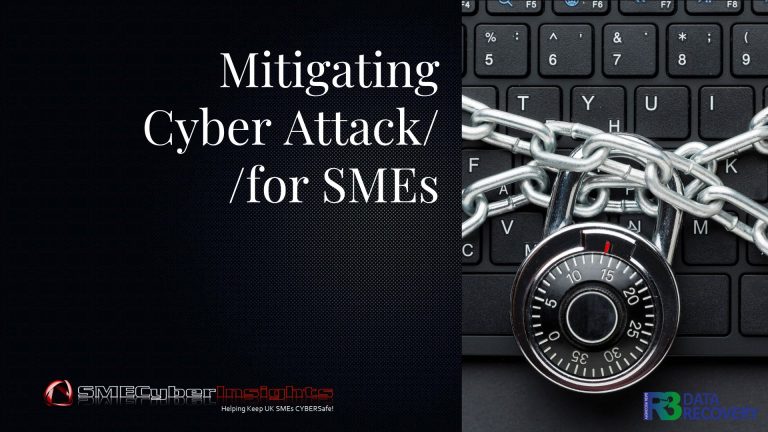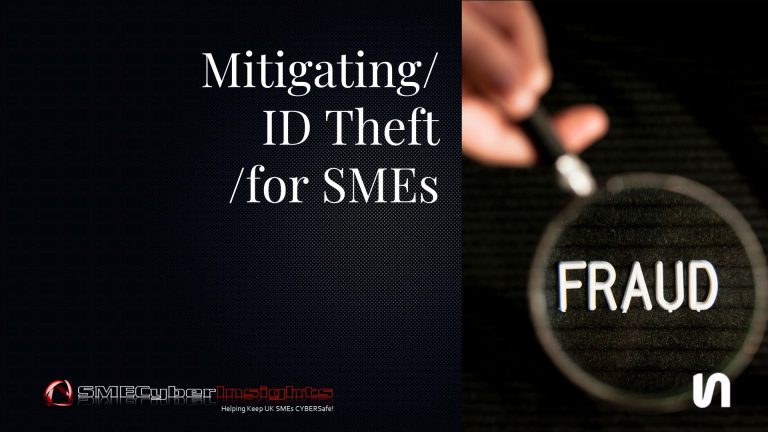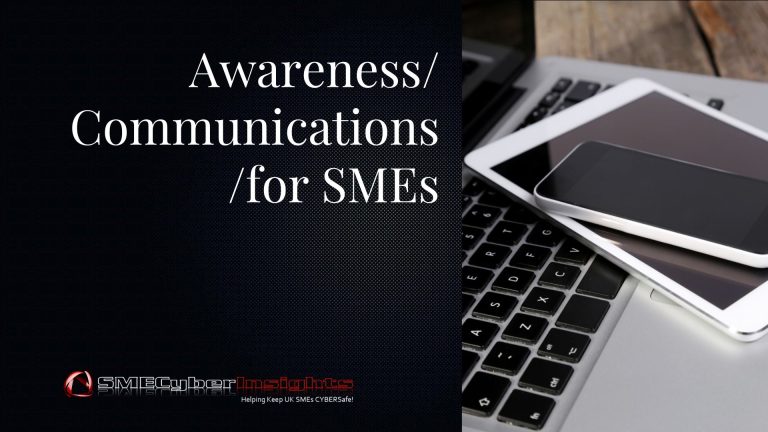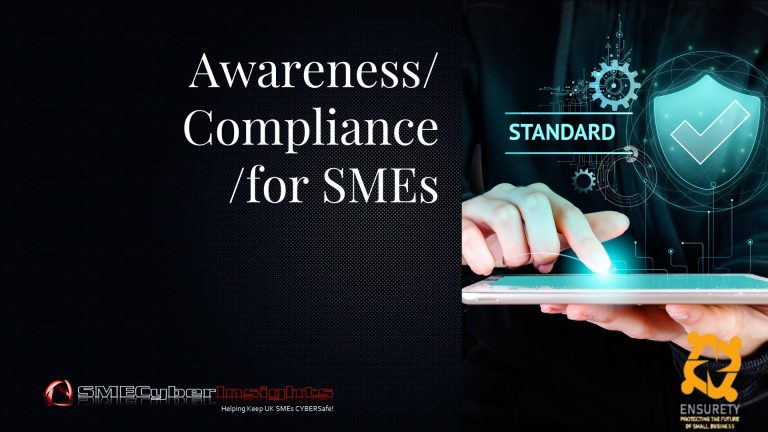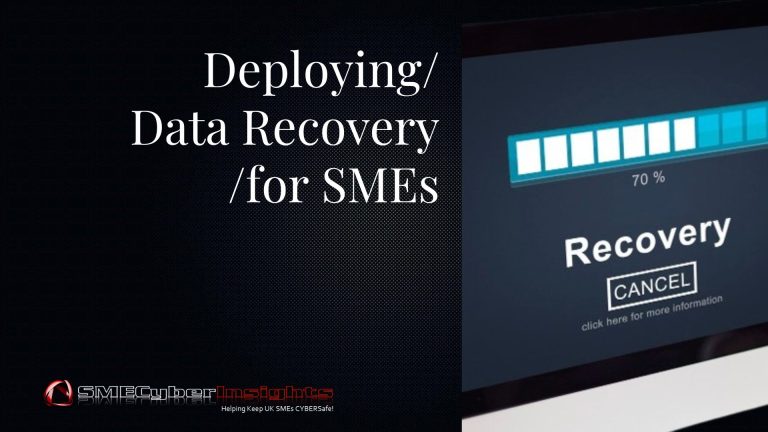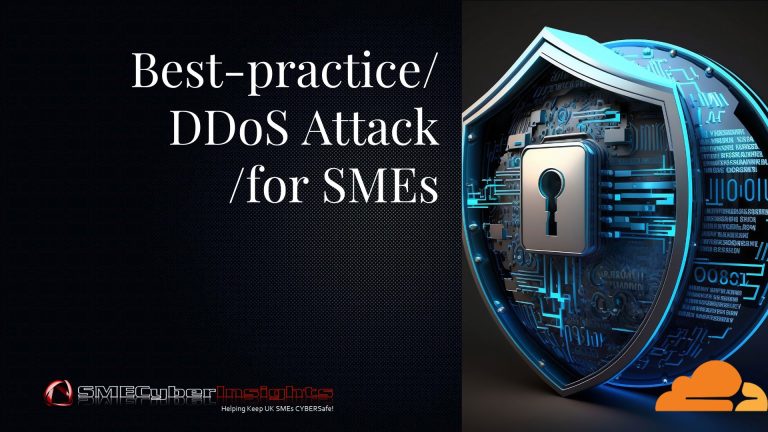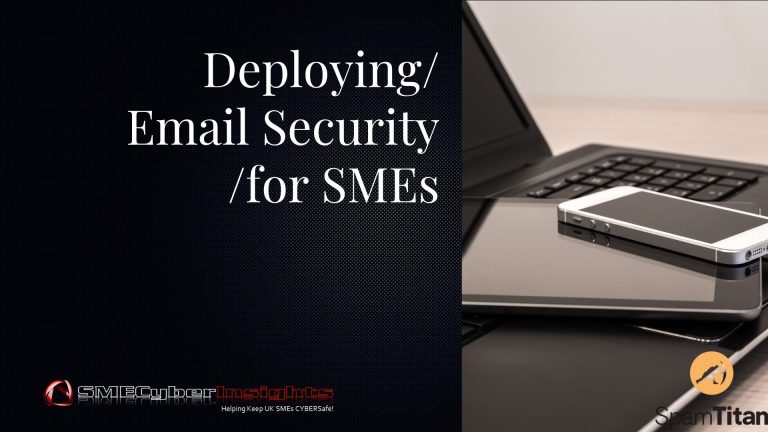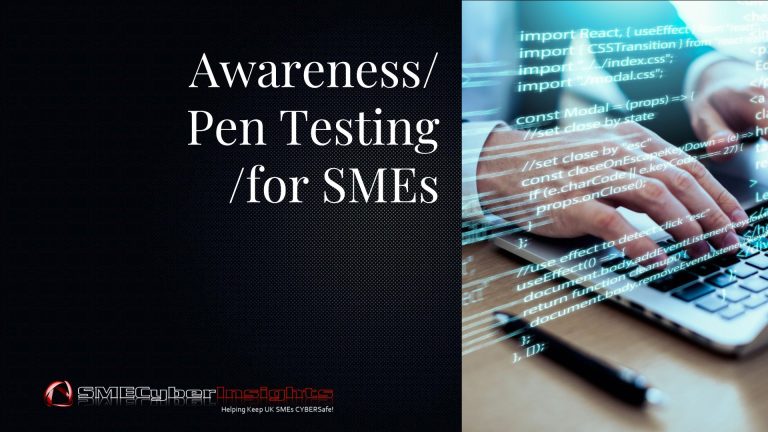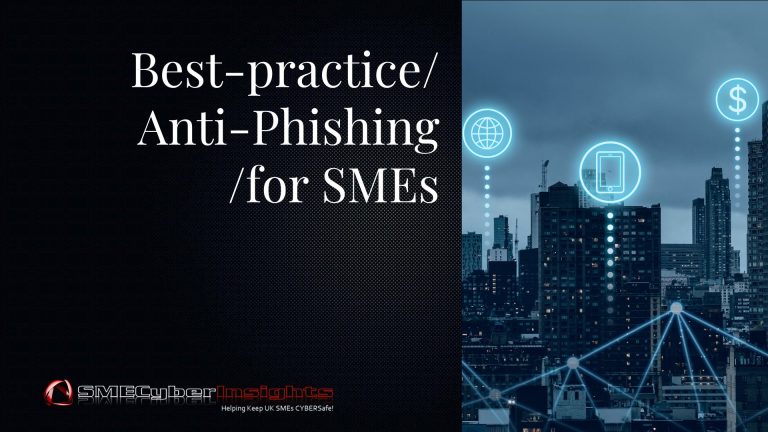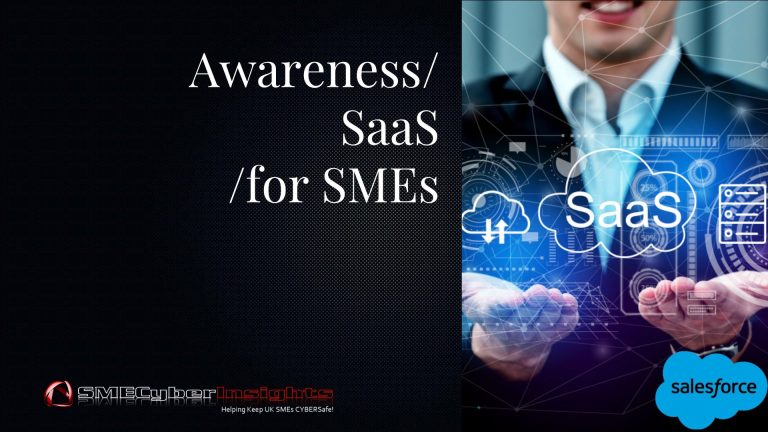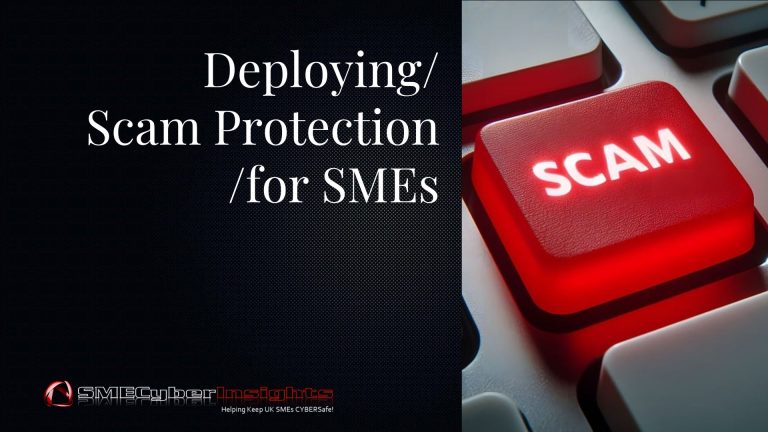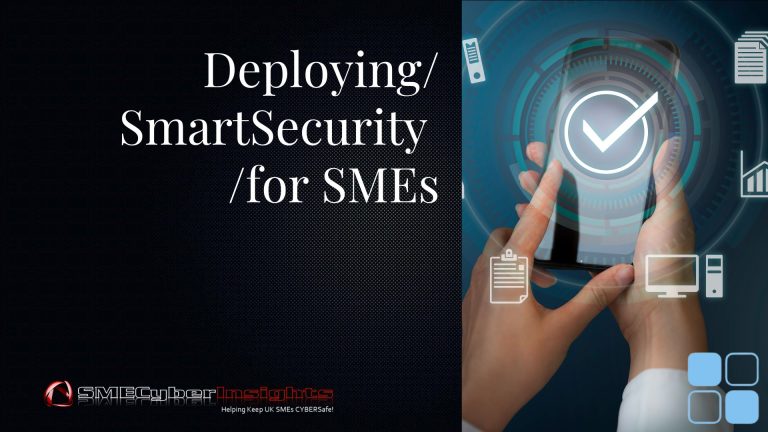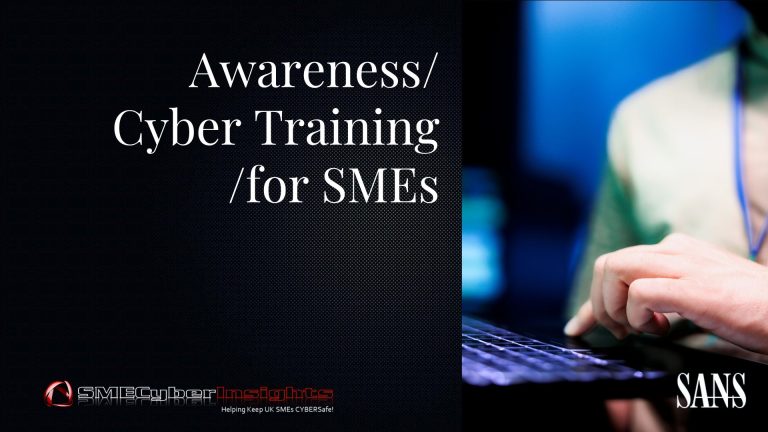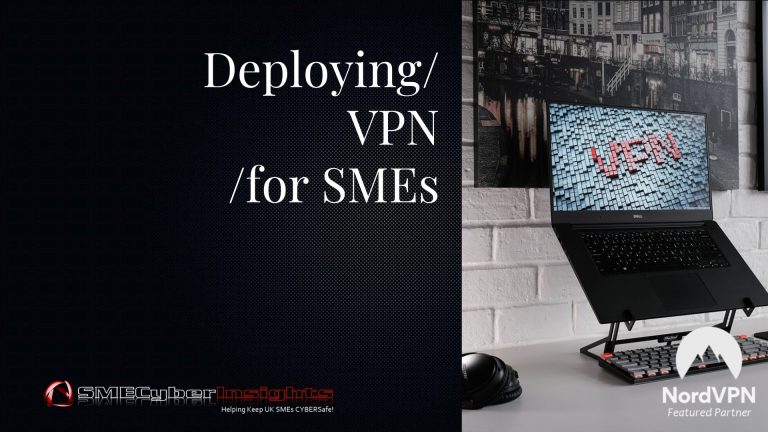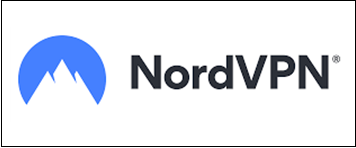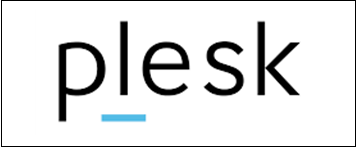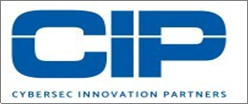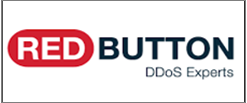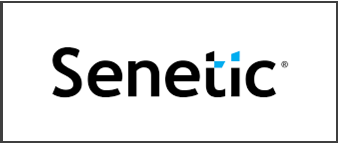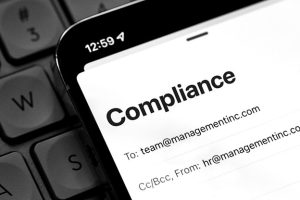DNS and PKI Security: The Critical Protocols Your Business Can’t Afford to Ignore
June 28, 2025Helping Keep Small Business CYBERSafe
Málaga: Saturday, 28 June 2025 at 12:00 CEST
DNS and PKI Security: The Critical Protocols Your Business Can’t Afford to Ignore
By Iain Fraser/Reportage & Andy Jenkinson
SMECyberInsights.co.uk – First for SME Cybersecurity
#SMECyberInsights #SMECyberSecurity #SMECyberAwareness #CyberSafe #SME #SmallBusiness ~Reportage #DNS #PKI
The Hidden Vulnerability Crisis Threatening Every Business
The internet your business relies on daily operates on protocols designed in the 1980s—when security was an afterthought, not a requirement. DNS (Domain Name System) and PKI (Public Key Infrastructure) form the backbone of digital trust, yet remain the most overlooked and vulnerable aspects of Cybersecurity.
This isn’t just a technical oversight. It’s a fundamental design flaw that costs businesses billions annually through Data Breaches, Ransomware attacks, and system compromises. While large corporations invest heavily in Cybersecurity, Small and Medium Enterprises (SMEs) often remain dangerously exposed, unaware that their basic internet protocols are broadcasting their vulnerabilities to Cybercriminals.
Why DNS and PKI Security Matter More Than Ever
DNS: Your Digital Address Book Under Attack
DNS translates human-readable domain names (like yourcompany.com) into IP addresses computers understand. Every email sent, website visited, and cloud service accessed relies on DNS. When DNS is compromised, attackers can:
* Redirect your business emails to malicious servers
* Intercept customer data during online transactions
* Launch sophisticated phishing attacks using your domain
* Take control of your entire online presence
PKI: The Trust System That’s Failing Small Business
PKI manages digital certificates that encrypt communications and verify identities online. Weak PKI implementation allows attackers to:
* Impersonate your business with fraudulent certificates
* Decrypt supposedly secure communications
* Conduct man-in-the-middle attacks on customer transactions
* Compromise your entire digital identity
The Hidden Architecture of Vulnerability
The internet’s foundational protocols weren’t designed for today’s threat landscape. DNS queries traditionally travel unencrypted, making them visible to anyone monitoring network traffic. Standard PKI implementations often rely on outdated certificate authorities and weak encryption standards.
This design philosophy of “connectivity first, security later” has created a digital environment where cybercriminals can exploit fundamental protocols with relative ease. The result is a cybersecurity landscape where businesses unknowingly operate with massive security blind spots.
How to Check Your DNS Security: A Step-by-Step Guide
Step 1: Audit Your Current DNS Configuration
Check your DNS provider:
1. Open Command Prompt (Windows) or Terminal (Mac/Linux)
2. Type: nslookup yourcompany.com
3. Note the server listed—this is your current DNS provider
Verify DNS over HTTPS (DoH) support:
1. Visit dns.google.com in your browser
2. Enter your domain name
3. Check if queries are encrypted (look for the padlock icon)
Step 2: Test for DNS Vulnerabilities
Check for DNS leaks:
1. Visit dnsleaktest.com
2. Run both standard and extended tests
3. Verify all results match your intended DNS provider
Verify DNSSEC implementation:
1. Use the DNS checker at dnssec-analyzer.verisignlabs.com
2. Enter your domain
3. Ensure all checks pass (green indicators)
Step 3: Implement Secure DNS Settings
Recommended DNS providers for SMEs:
* Cloudflare (1.1.1.1) – Free, fast, privacy-focused
* Quad9 (9.9.9.9) – Blocks malicious domains automatically
* Google Public DNS (8.8.8.8) – Reliable but less privacy-focused
Configure DNS over HTTPS (DoH):
1. Access your router’s admin panel
2. Navigate to DNS settings
3. Enable DoH if available, or switch to a DoH-supporting provider
4. Test configuration using cloudflare.com/ssl/encrypted-sni/
PKI Security Audit and Implementation
Step 1: Assess Your Current Certificate Status
Check SSL/TLS certificates:
1. Visit ssllabs.com/ssltest/
2. Enter your domain
3. Review the detailed report for vulnerabilities
4. Aim for an “A” grade or higher
Verify certificate chain:
1. In your browser, click the padlock next to your URL
2. Select “Certificate” or “View Certificate”
3. Check the certificate path—ensure it traces to a trusted root authority
Step 2: Implement Proper Certificate Management
Essential certificate security measures:
* Use certificates with at least 2048-bit RSA keys or 256-bit ECC keys
* Implement Certificate Transparency monitoring
* Set up automated certificate renewal
* Use Certificate Authority Authorization (CAA) DNS records
Configure CAA records:
1. Access your DNS management panel
2. Add a CAA record: yourcompany.com CAA 0 issue “letsencrypt.org”
3. This prevents unauthorized certificate issuance for your domain
Step 3: Advanced PKI Hardening
Implement HTTP Public Key Pinning (HPKP) headers: Add to your web server configuration:
Public-Key-Pins: pin-sha256=”base64+primary+key”; pin-sha256=”base64+backup+key”; max-age=5184000; includeSubDomains
Enable Certificate Transparency monitoring:
* Set up monitoring through crt.sh or similar services
* Receive alerts for any certificates issued for your domains
* Quickly identify and revoke unauthorized certificates
Optimal Security Configuration Checklist
DNS Security Essentials
* DNSSEC enabled and properly configured
* DNS over HTTPS (DoH) or DNS over TLS (DoT) implemented
* Authoritative DNS servers geographically distributed
* Regular DNS query logging and monitoring
* CAA records configured for all domains
PKI Security Requirements
* SSL/TLS certificates with strong encryption (minimum 2048-bit RSA)
* Automated certificate renewal systems
* Certificate Transparency monitoring active
* HSTS headers properly configured
* Regular certificate authority validation
Advanced Protection Measures
* DNS filtering for malicious domains
* Certificate pinning for critical applications
* Regular security audits and penetration testing
* Incident response plan for DNS/PKI compromises
* Staff training on social engineering attacks targeting DNS/PKI
The Real Cost of Inaction
SMEs that ignore DNS and PKI security face escalating risks:
Financial Impact:
* Average data breach cost for SMEs: $2.98 million
* Business interruption during DNS attacks: 72 hours average
* Customer trust recovery time: 6-12 months
* Regulatory fines for inadequate security measures
Operational Consequences:
* Complete loss of email functionality
* Website downtime and lost revenue
* Compromised customer payment systems
* Damaged brand reputation and customer exodus
Building Resilient Security Architecture
The path forward requires acknowledging that traditional security approaches are insufficient. SMEs must implement defence-in-depth strategies that address fundamental protocol vulnerabilities rather than relying solely on perimeter security.
This means treating DNS and PKI not as afterthoughts, but as critical infrastructure requiring the same attention given to firewalls and antivirus systems. Regular audits, continuous monitoring, and proactive threat hunting become essential components of comprehensive cybersecurity.
Immediate Action Steps for SME Leaders
1. Audit within 48 hours: Run the DNS and PKI checks outlined above
2. Implement quick wins: Switch to secure DNS providers and enable DNSSEC
3. Plan comprehensive upgrades: Budget for proper certificate management systems
4. Train your team: Ensure IT staff understand DNS and PKI security implications
5. Monitor continuously: Set up alerts for certificate expiration and DNS anomalies
The internet’s foundational flaws won’t disappear, but your business doesn’t have to remain vulnerable. By implementing proper DNS and PKI security measures, SMEs can significantly reduce their attack surface and protect their digital assets from the growing tide of cyber threats.
The question isn’t whether your business will face DNS or PKI-related attacks—it’s whether you’ll be prepared when they arrive.
UK Small Business Owner? Join SMECyber Free Now! & Access the SME Cyber Forum – Read, Learn, Engage, Share …
The Latest SME Cybersecurity News, Threat Intelligence & Analysis, Timely Scam Alerts, Best-practice Compliance, Mitigation & Resources specifically curated for UK Based SMEs in a Single Weekly Email direct to your Inbox or Smart Device together with Unrestricted Free Access to our entire SME Cyber Knowledge & Tutorial Library.

About Andy Jenkinson
Fellow Cyber Theory Institute. Director Fintech & Cyber Security Alliance (FITCA) working with Governments. Recognised Expert in Internet Asset & DNS Vulnerabilities.
Andy Jenkinson is a senior and seasoned innovative Executive with over 30 years’ experience as a hands-on lateral thinking CEO, coach, and leader.

